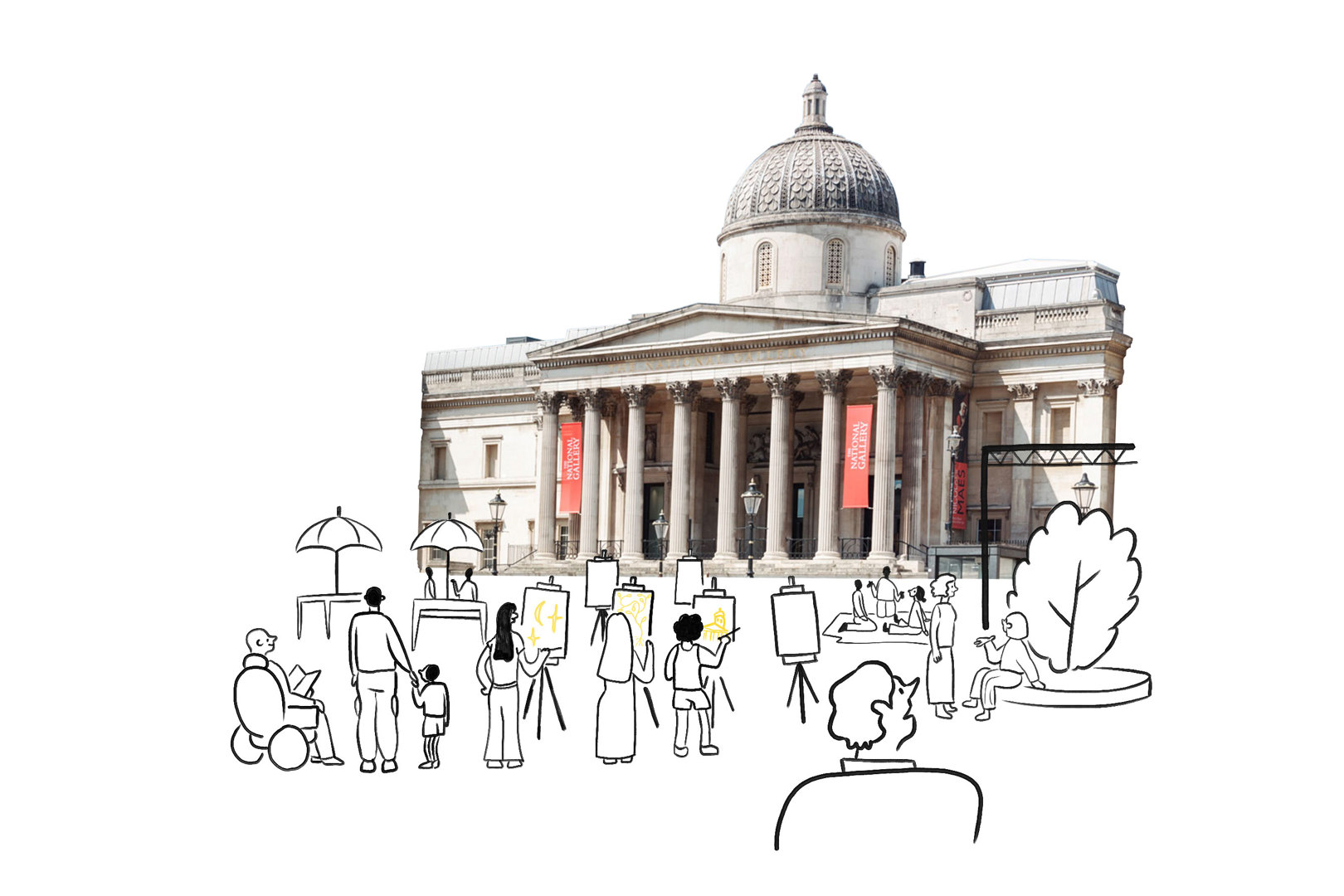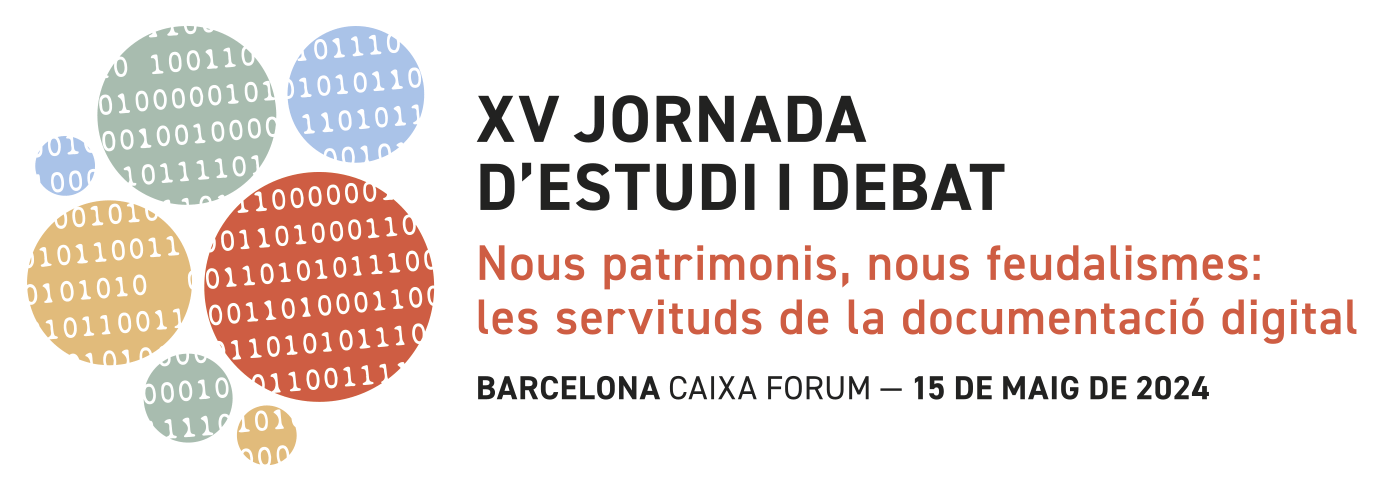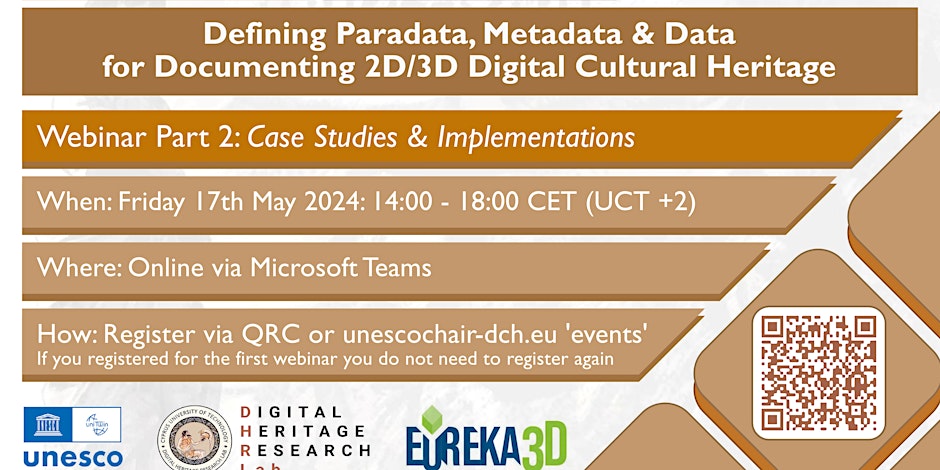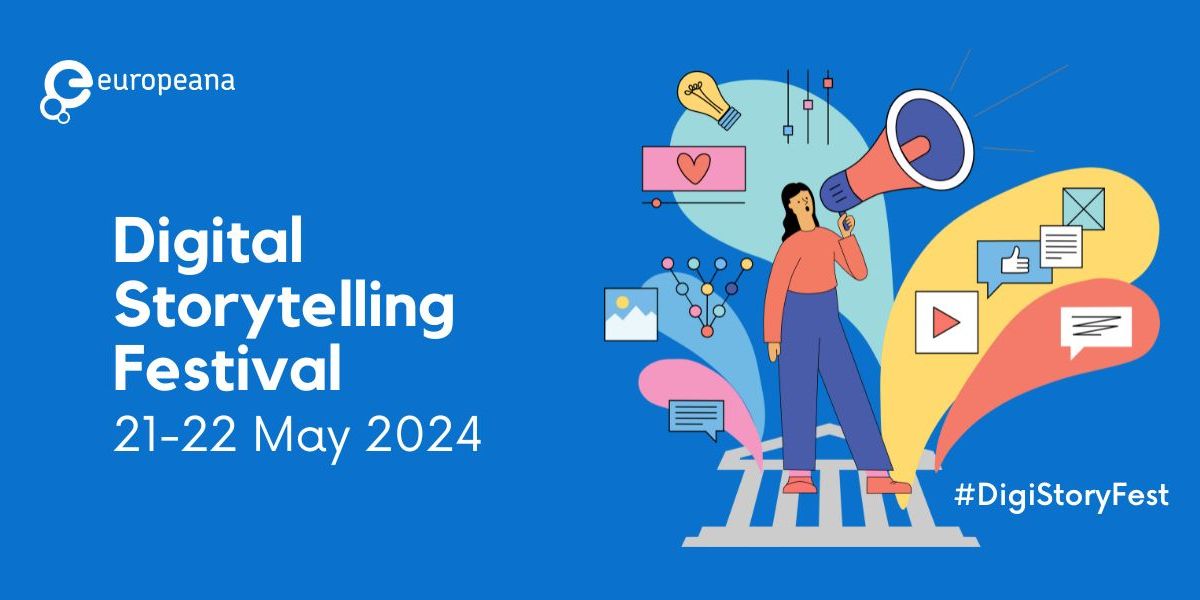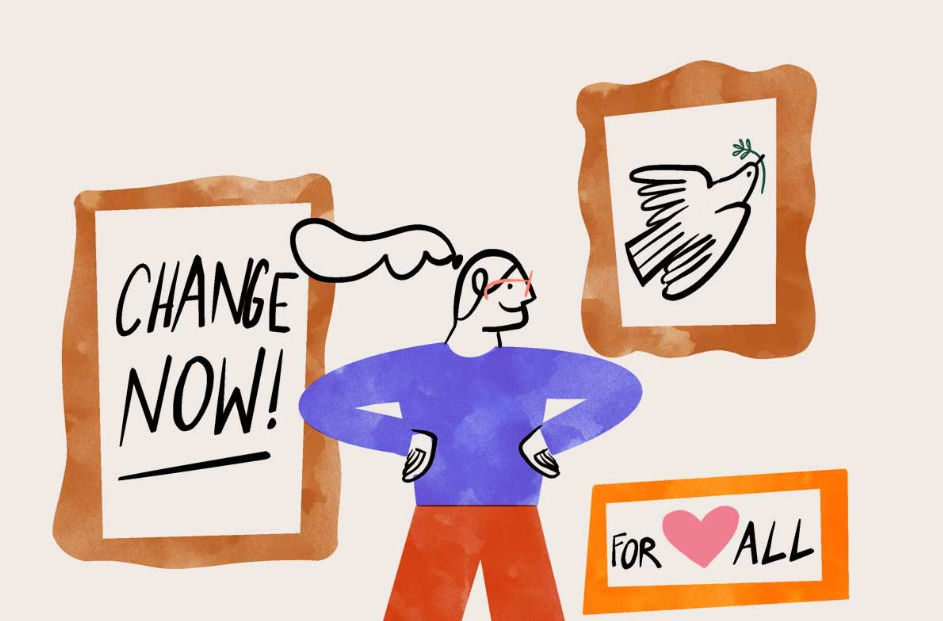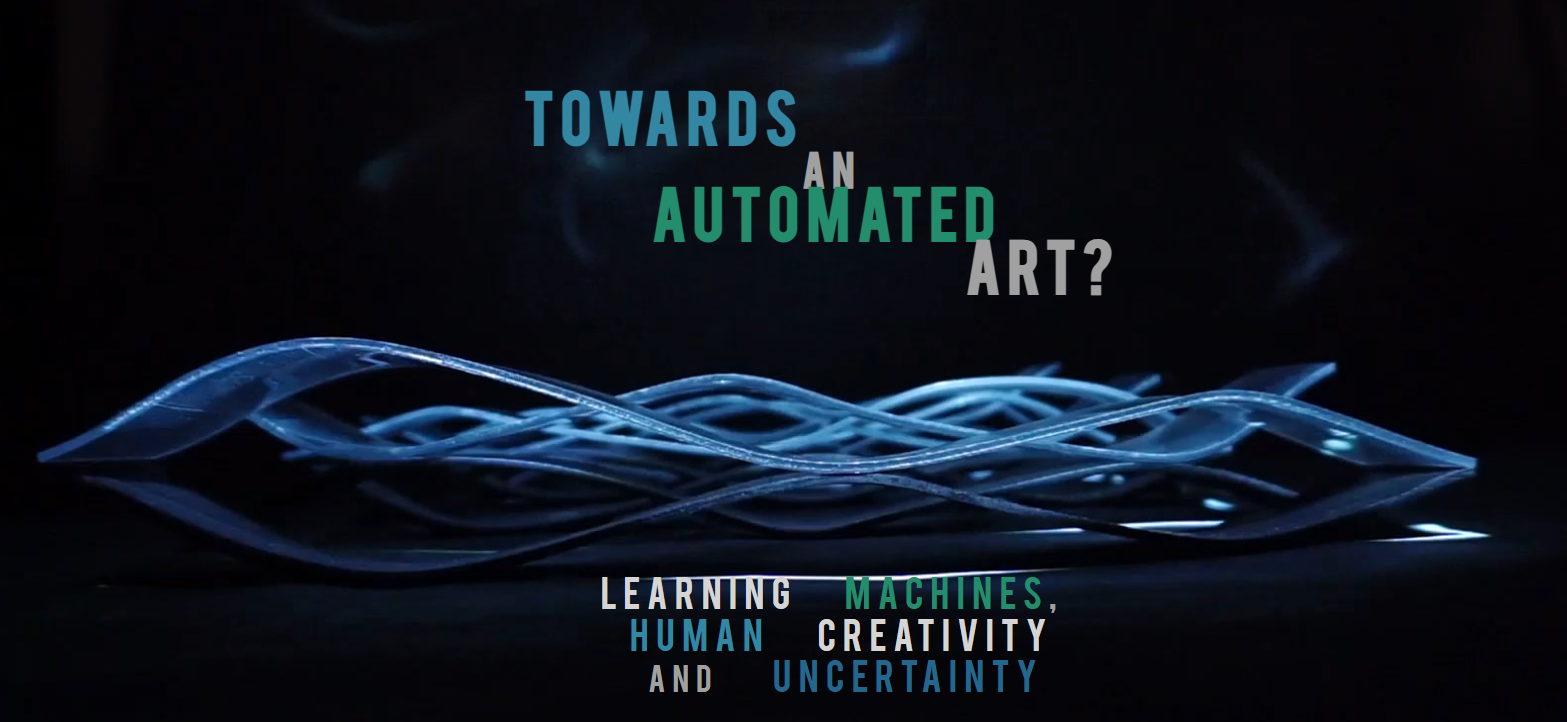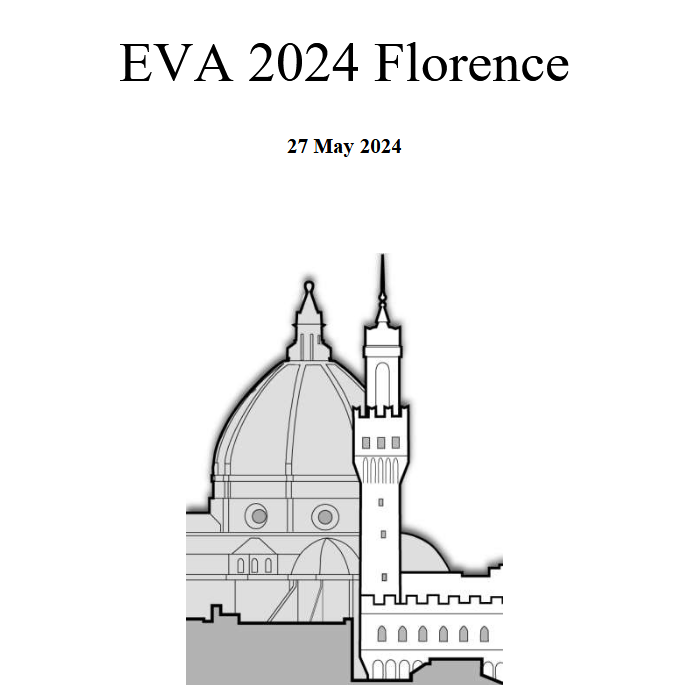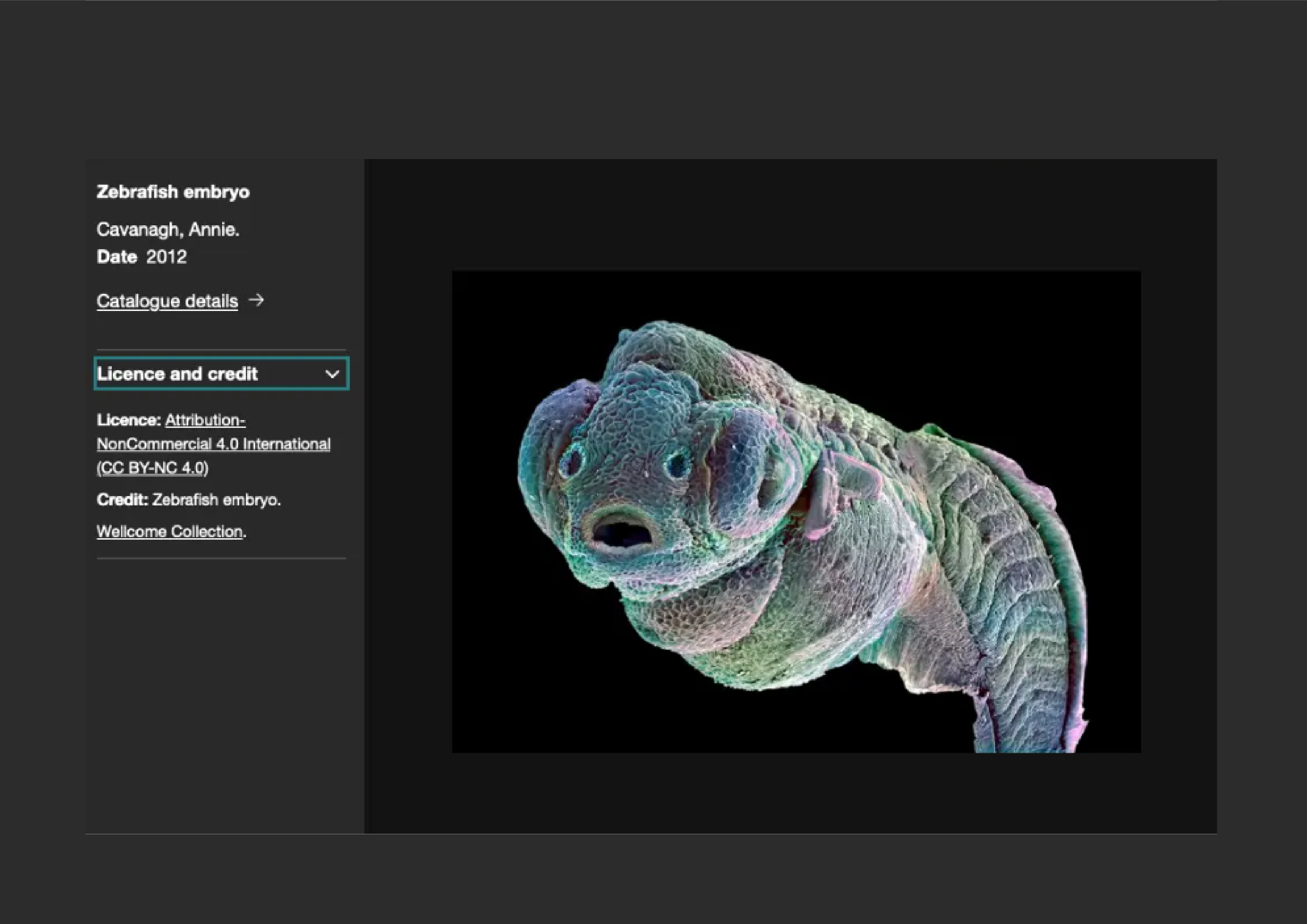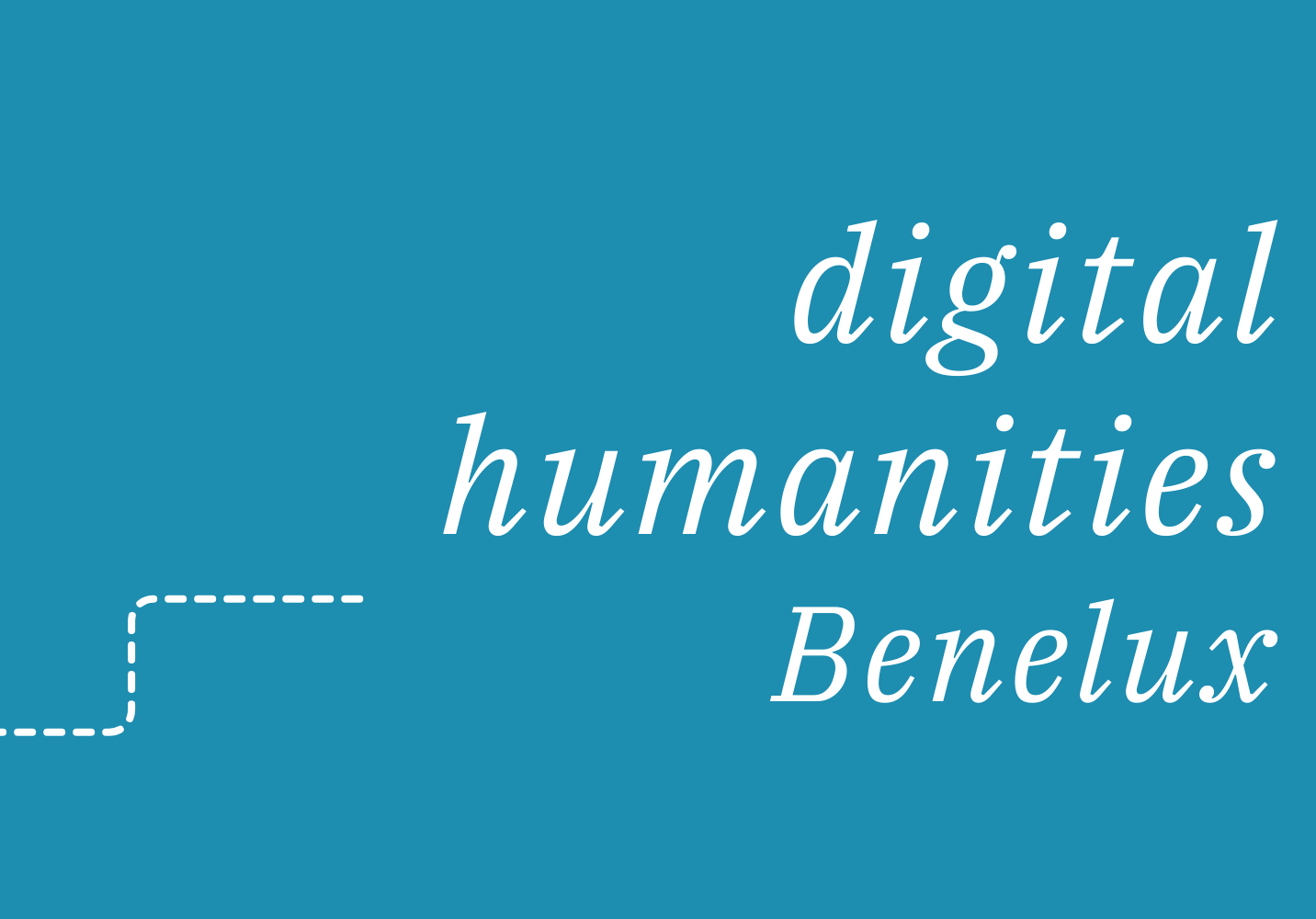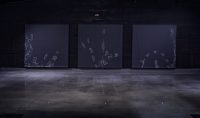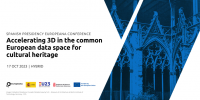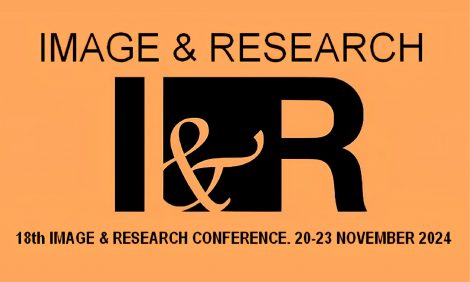Lisbon, 24th May 2024. Call for Papers is open unitl 22/3/2024
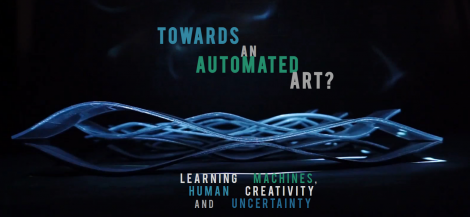
“Towards an Automated Art” International Conference and Call for Papers
International Conference “Towards an Automated Art? Learning Machines, Human Creativity and Uncertainty” is announced.
The conference will take place in Lisbon (Portugal) on 24 May, 2024.
The event aims to provide a space for interdisciplinary discussion, bringing together different perspectives on the interaction between creative practices and digital technologies, with a particular emphasis on the still uncertain impact of AI on contemporary arts.
While images abound and never-ending streams of data are becoming unachievable for humans, the need for reflection is more urgent than ever. The predominant discourse has naturalised technology as neutral and unstoppable, favourable to all. Nevertheless, art might feature there not as a blind ally of technology, but as a necessary counterpart, a means of reflecting on the need and direction of its benefits through its use. The widespread use of software tools and apps makes us dependent on our trust in technology while interacting with the real physical world. The search engines guide us in our navigation of the Internet, its platforms and databases, making things visible in the virtual digital world. How are they programmed? By whom? To see what? Are we finally entering a new art ecosystem where artists are as replaceable as images? Are we becoming immersed in a new mechanized and financialized art system where artworks can be rapidly produced, consumed and wasted?
Can human creativity survive in this context? Can machines really learn how to make art?
Scholars, independent researchers, digital media experts, curators and artists are invited to submit proposals for a 15-minute in-person presentation, focusing on one or more of the following topics:
- Automation of Creative Practices
- Machine Learning and AI in Art, Design and Architecture
- Generative and Algorithmic Art & Design
- Computational Creative Practices
- Web-based Art
- Extended Reality in Art and Exhibition Spaces
- Virtual Museums and Galleries
- Digital Aesthetics
- Art Interfaces
- New Media Art History
- New Media Art Preservation
- Media Archaeology
Proposals can be submitted until 22 March, 2024.
More information about the call for papers here.
The event is a collaboration between Institute of Art History, School of Social Sciences and Humanities, Universidade NOVA de Lisboa, Universidad de León (Spain): Instituto de Humanismo y Tradición Clásica and Grupo de Investigación de Estudios Literarios y Comparados. Insólito, Género y Humanidades Digitales; Instituto Superior Técnico, Universidade de Lisboa; and Museu Zer0, Tavira.
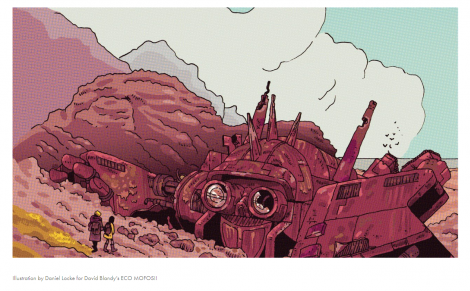


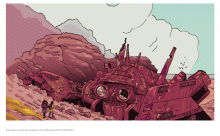
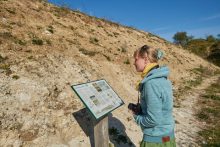
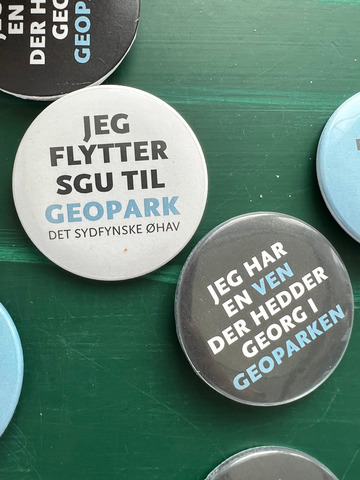 Associate Professor Carsten Humlebæk of
Associate Professor Carsten Humlebæk of 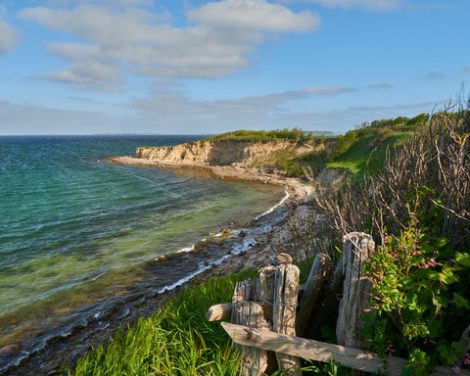
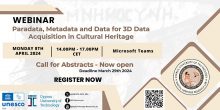
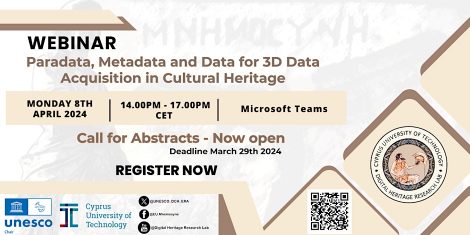
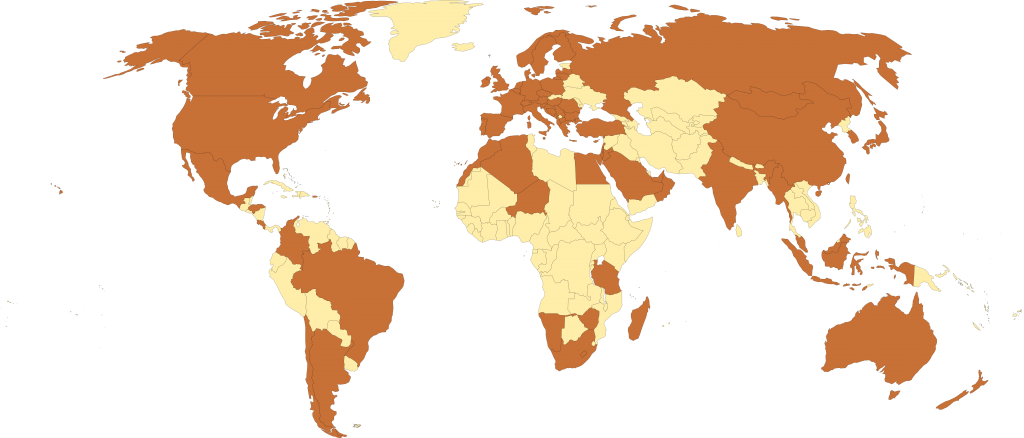
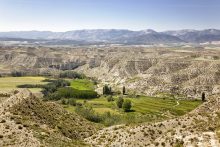
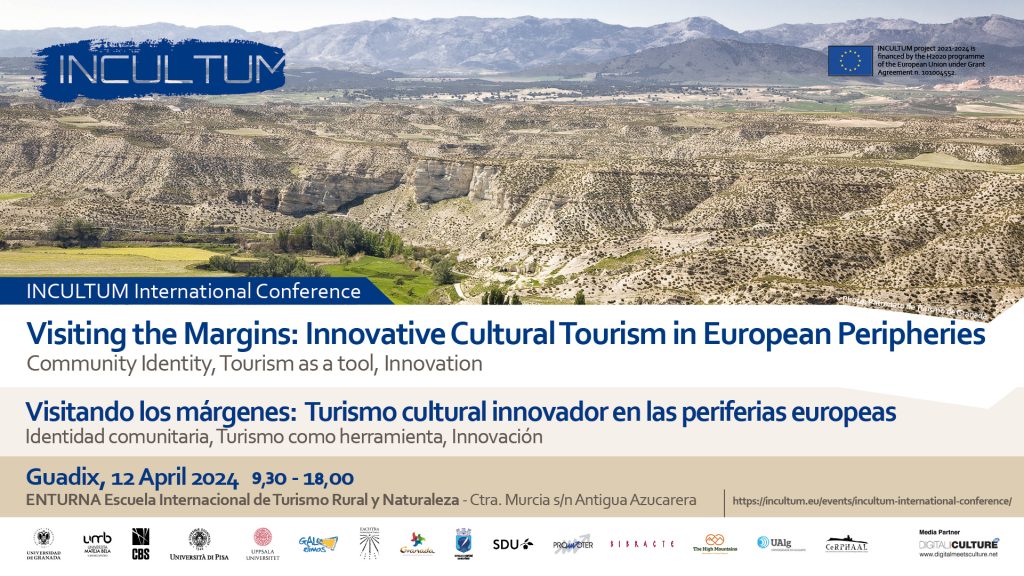

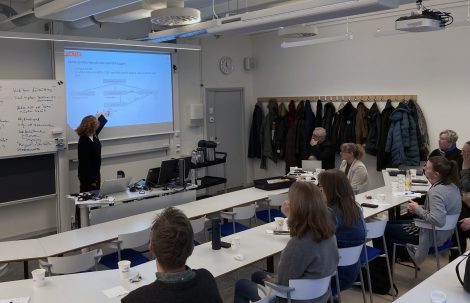 On February 13th, the
On February 13th, the 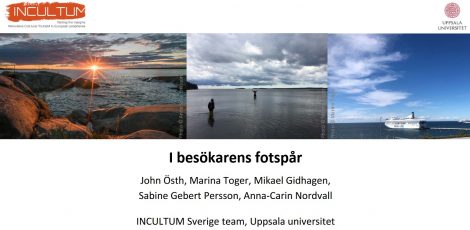

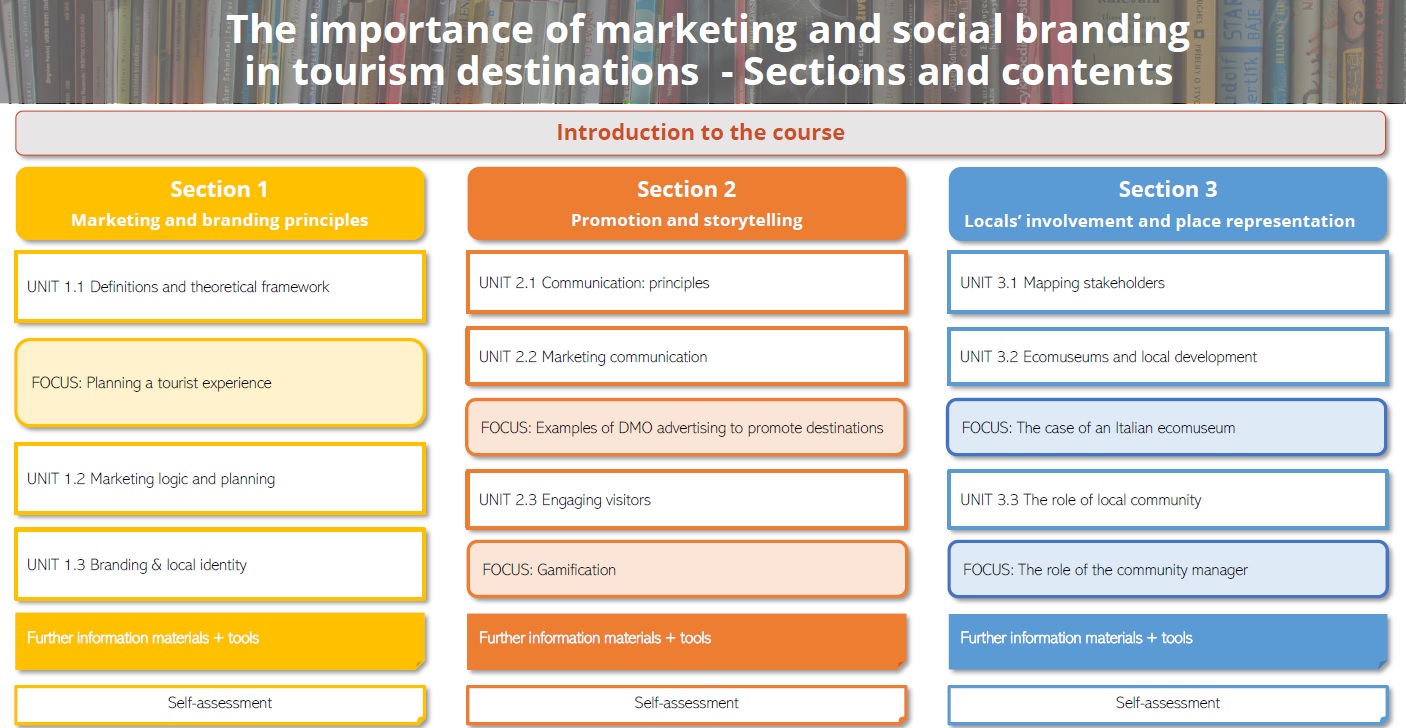
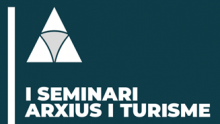
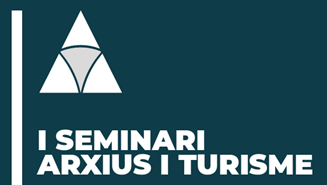 The City Council of Lloret de Mar, the Diputació de Girona and the Generalitat de Catalunya are promoting the realization in Lloret de Mar of a biennial seminar on “Archives and Tourism”, which should facilitate bringing the history of tourism closer to the society from multiple perspectives and in this way make known the importance of preserving and making this documentation accessible in both public and private entities around the world.
The City Council of Lloret de Mar, the Diputació de Girona and the Generalitat de Catalunya are promoting the realization in Lloret de Mar of a biennial seminar on “Archives and Tourism”, which should facilitate bringing the history of tourism closer to the society from multiple perspectives and in this way make known the importance of preserving and making this documentation accessible in both public and private entities around the world.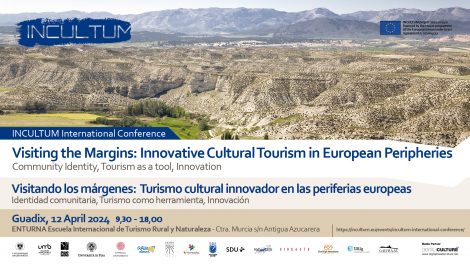
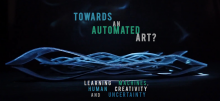

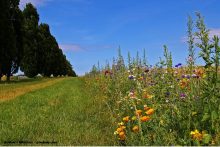
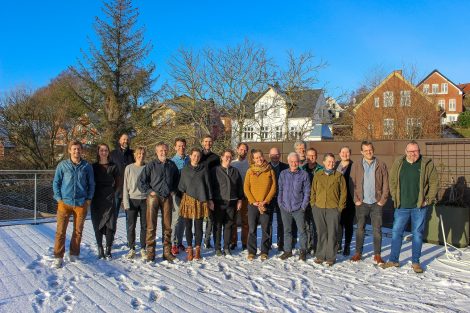
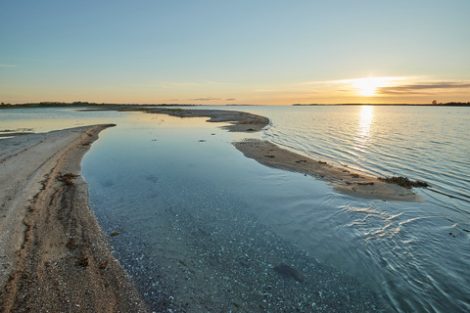
 If you have interesting news and events to point out in the field of digital cultural heritage, we are waiting for your contribution.
If you have interesting news and events to point out in the field of digital cultural heritage, we are waiting for your contribution.

